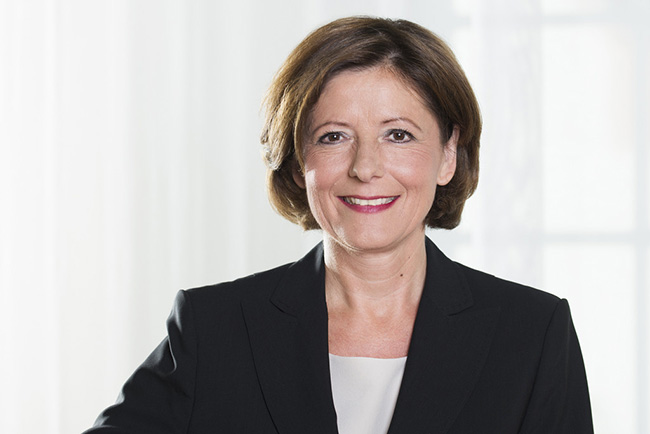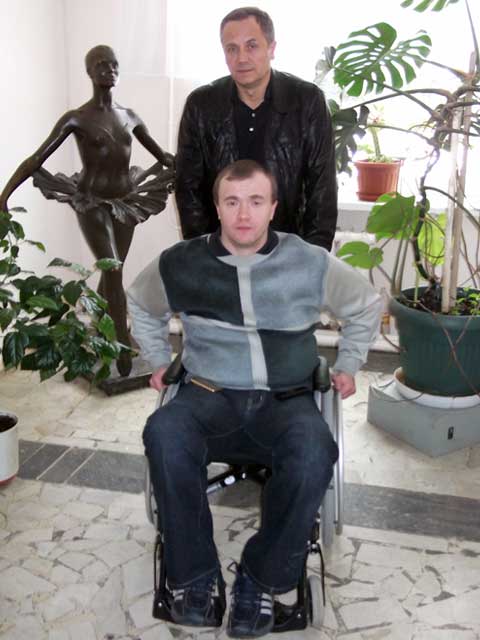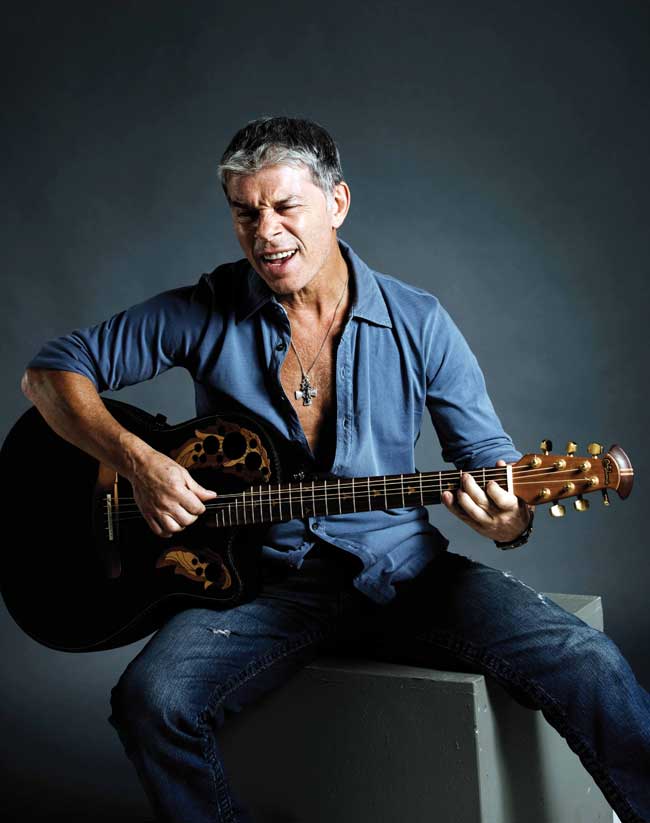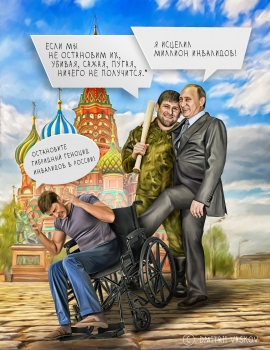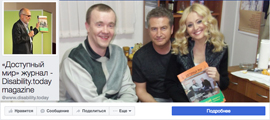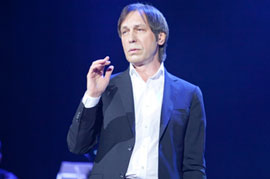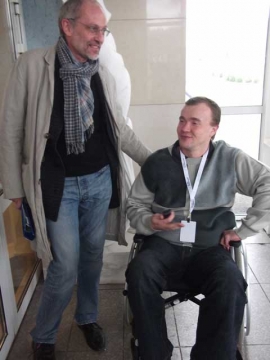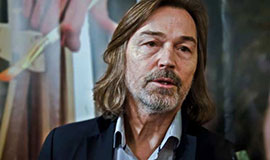Силков Кирилл Владимирович
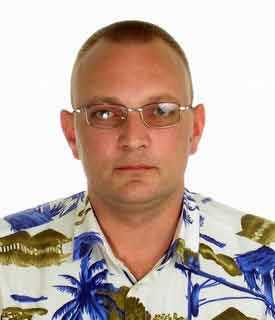
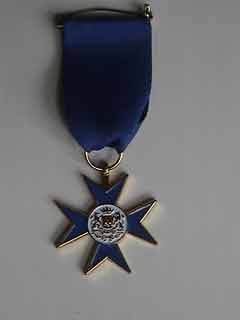
Профессия: Преподаватель истории и социально-политических дисциплин, преподаватель экономики;
Организация: MMG г. Москва (Макс Медиа Групп);
Дата рождения: 19.03.1973, г. Пенза;
Семья: Не женат;
Родители: Силков Владимир Иванович (1949-96) - к. э. н. ПГПИ, доцент кафедры "Политэкономия"; Силкова Валентина Михайловна (1948) - учитель истории, делегат XVI съезда ВЛКСМ, главный специалист Министерства образования Пензенской области, почетный работник общего образования РСФСР; ЗП.: Фатигаров Николай - прадед по линии матери - основатель Опытной педагогической станции в Пензе в 30-х годах XX века; Осина Вера Николаевна- бабушка по линии матери- ветеран труда, труженик тыла во время ВОВ, награждена почетной грамотой Ворошилова; Осин Михаил Васильевич - дед по линии матери - участник боев на о. Хасан и р. Халхин-Гол (1938-39), ветеран ВОВ, младший командир-артиллерист, ордеононосец, ветеран труда; Силков Иван Афанасьевич - дед по линии отца - труженик тыла в ВОВ, ветеран труда, фельдшер санэпидстанции;
Образование: 1996 - Пензенский гос. педагогический университет (ПГПУ) им. В.Г. Белинского, преподаватель истории и социально-политических дисциплин; 1996 - Межд. программа "Достижения молодых" (Москва), преподаватель экономики; 1999 - ПГПУ, аспирантура, кафедра "Педагогика", диссертант;
Трудовой путь: 1996-97 - Пензенская гимназия №1, преподаватель истории и экономики; 1997- 2000 - Пензенский городской науч.-метод. центр "Образование", гл. методист - координатор детского и молодежного движения г. Пензы; 2000-01 - ООО "Агентство "Детский отдых" (Санкт-Петербург), дир.; 2001-05 - ООО "Зеленый город" (Санкт-Петербург), гл. специалист по связям с общественностью, зам. ген. дир.; 2005-07 - ООО "Банк "Кузнецкий" (Пенза), начальник отдела маркетинга и рекламы; с 2007 - Пензенское представительство МФПА, дир.;
Общественная деятельность В 1999 г. возглавил организационно-технологический отдел политического движения "Отечество - вся Россия"; в 2004 г. был руководителем Пензенского избирательного штаба И.М. Хакамады; в 1999 возглавил пензенскую группу делегатов Всероссийского съезда "Молодежь за Отечество";
Личное спортивное достижение: Инструктор по рукопашному бою;
Публикации: 6 публикаций по проблеме управления коллективом, в т. ч.: "Находясь у истока" (1997), "Лето - это маленькая жизнь" (1999);
Награды: Диплом Министерства образования РФ (1997), Орден Мальтийского Креста;
Увлечения: Активный отдых на природе, бардовская песня, элитный кинематограф, караоке;
Иностранные языки: Английский;
Организация: MMG г. Москва (Макс Медиа Групп);
Дата рождения: 19.03.1973, г. Пенза;
Семья: Не женат;
Родители: Силков Владимир Иванович (1949-96) - к. э. н. ПГПИ, доцент кафедры "Политэкономия"; Силкова Валентина Михайловна (1948) - учитель истории, делегат XVI съезда ВЛКСМ, главный специалист Министерства образования Пензенской области, почетный работник общего образования РСФСР; ЗП.: Фатигаров Николай - прадед по линии матери - основатель Опытной педагогической станции в Пензе в 30-х годах XX века; Осина Вера Николаевна- бабушка по линии матери- ветеран труда, труженик тыла во время ВОВ, награждена почетной грамотой Ворошилова; Осин Михаил Васильевич - дед по линии матери - участник боев на о. Хасан и р. Халхин-Гол (1938-39), ветеран ВОВ, младший командир-артиллерист, ордеононосец, ветеран труда; Силков Иван Афанасьевич - дед по линии отца - труженик тыла в ВОВ, ветеран труда, фельдшер санэпидстанции;
Образование: 1996 - Пензенский гос. педагогический университет (ПГПУ) им. В.Г. Белинского, преподаватель истории и социально-политических дисциплин; 1996 - Межд. программа "Достижения молодых" (Москва), преподаватель экономики; 1999 - ПГПУ, аспирантура, кафедра "Педагогика", диссертант;
Трудовой путь: 1996-97 - Пензенская гимназия №1, преподаватель истории и экономики; 1997- 2000 - Пензенский городской науч.-метод. центр "Образование", гл. методист - координатор детского и молодежного движения г. Пензы; 2000-01 - ООО "Агентство "Детский отдых" (Санкт-Петербург), дир.; 2001-05 - ООО "Зеленый город" (Санкт-Петербург), гл. специалист по связям с общественностью, зам. ген. дир.; 2005-07 - ООО "Банк "Кузнецкий" (Пенза), начальник отдела маркетинга и рекламы; с 2007 - Пензенское представительство МФПА, дир.;
Общественная деятельность В 1999 г. возглавил организационно-технологический отдел политического движения "Отечество - вся Россия"; в 2004 г. был руководителем Пензенского избирательного штаба И.М. Хакамады; в 1999 возглавил пензенскую группу делегатов Всероссийского съезда "Молодежь за Отечество";
Личное спортивное достижение: Инструктор по рукопашному бою;
Публикации: 6 публикаций по проблеме управления коллективом, в т. ч.: "Находясь у истока" (1997), "Лето - это маленькая жизнь" (1999);
Награды: Диплом Министерства образования РФ (1997), Орден Мальтийского Креста;
Увлечения: Активный отдых на природе, бардовская песня, элитный кинематограф, караоке;
Иностранные языки: Английский;
